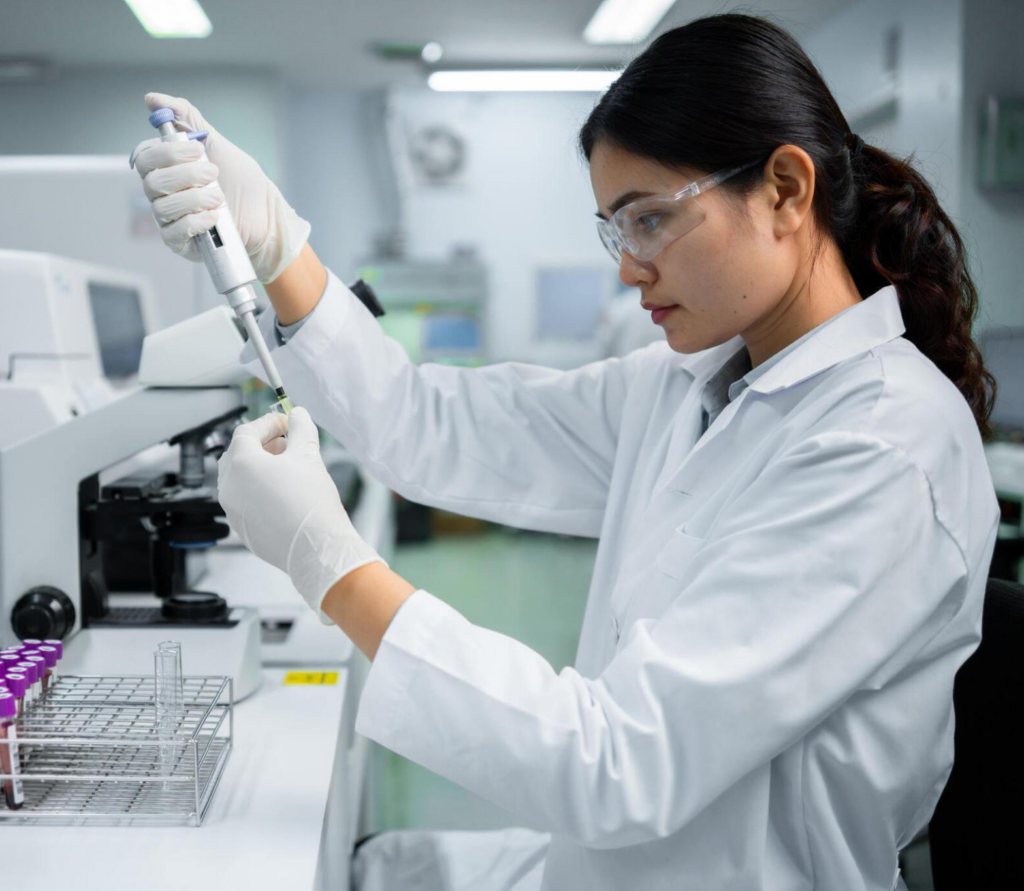Sexually transmitted diseases (STDs) are infections transmitted through sexual contact. Though some STDs may initially remain asymptomatic, leaving them untreated can result in severe health complications. Understanding these risks and the need for early detection is key to maintaining personal health and preventing the wider spread of infections. Learn about the risks of untreated STDs and why regular STD screening matters.
Why Does STD Screening Matter?
Early detection helps manage STDs more effectively. Regular STD screening provides several benefits that support overall health and help avoid potential complications.
- Preventive Care: STD screening allows for early identification of infections, often before symptoms arise. Early treatment can halt the development of more severe health issues, protect reproductive health, and reduce the risk of transmission to sexual partners.
- Universal Relevance: STD testing is beneficial for all individuals of all ages, regardless of their relationship status. Those in monogamous relationships or without symptoms may mistakenly assume they are at low risk, potentially overlooking the necessity of regular screenings.
- Widespread Accessibility: Advanced diagnostic testing has made STD screening more accessible and accurate than ever. Lab-based tests, clinical consultations, and home testing kits offer various options to suit different preferences and needs. Confirming results through clinical professionals improves accuracy.
- Reducing Spread and Containing Risks: By identifying infections early, individuals can break the chain of transmission and protect their partners. It also helps mitigate greater public health risks related to untreated STDs within communities.
Regular Screening as a Preventive Strategy
Frequent testing is recommended for sexually active individuals, particularly those engaging with new or multiple partners. Health professionals generally advise annual screening for common infections such as chlamydia or gonorrhea, while higher-risk individuals or those planning pregnancies may require more frequent testing.
What are Some Risks Associated With Untreated STDs?
Untreated STDs can cause serious health complications and impact overall well-being. They may lead to long-term issues that affect multiple aspects of your health. Understanding these risks is beneficial for protecting yourself and seeking timely treatment.
Reproductive Health Complications
Certain bacterial STDs, such as chlamydia and gonorrhea, can significantly damage the reproductive system over time. Untreated infections may cause pelvic inflammatory disease (PID) in women, increasing the risk of infertility. For men, STDs can lead to complications such as epididymitis, which may also diminish fertility.
Elevated Cancer Risks
Untreated STDs are associated with a higher risk of certain cancers. Human papillomavirus (HPV) infections can cause cervical cancer in women. HPV can also lead to cancers of the throat, anus, and genitals in both men and women.
Complications During Childbirth
Pregnant mothers with untreated STDs can transmit the infection to their newborns. This may lead to serious complications, such as neonatal conjunctivitis or low birth weight. In some cases, it can cause life-threatening conditions like pneumonia or blood infections in the baby.
Other Health Conditions
Persistent, untreated STDs can weaken the immune system, increasing the risk of other infections, including HIV. Over time, these infections can lead to chronic inflammation and organ damage. In some cases, prolonged infections can also lead to neurological complications.
Taking Proactive Steps for Your Health
Untreated STDs pose risks that extend beyond immediate symptoms, impacting reproductive health, increasing cancer risks, and endangering newborn health. Regular STD screening is an effective preventive measure to identify infections early, take timely action, and protect personal and community health. Take control of your sexual health by scheduling a professional STD screening today.









